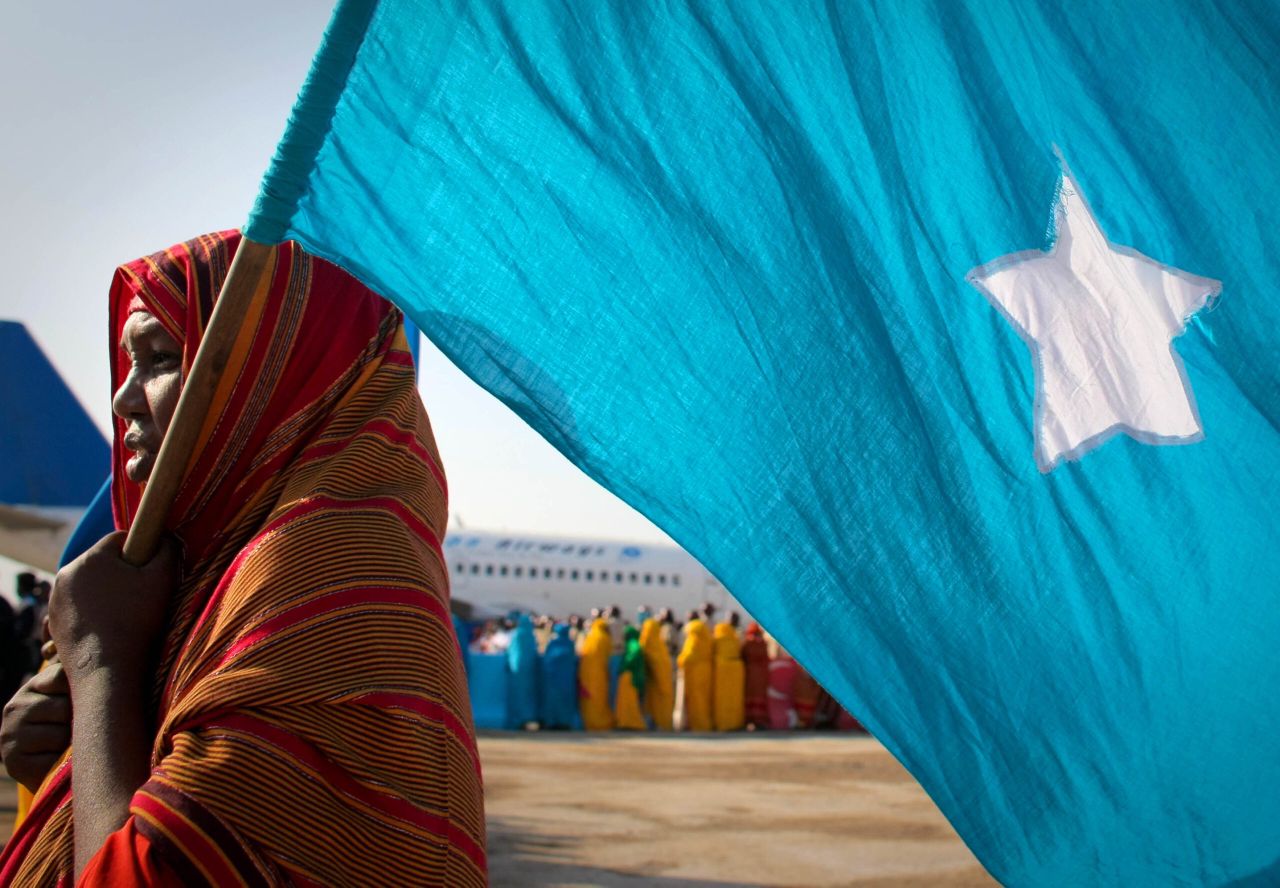Understanding Somalia’s Path to Becoming the Most Corrupted Country in the World!
Somalia’s designation as the most corrupted country in the world is a tragic testament to the deep-seated challenges facing this East African nation. While corruption exists in varying degrees across the globe, Somalia’s case is particularly egregious, marked by a complex web of historical, political, economic, and social factors that have converged to perpetuate a culture of graft and malfeasance.
Historical Trauma:
Somalia’s descent into corruption cannot be divorced from its tumultuous history. Decades of internal strife, civil war, and the collapse of state institutions have left a scar on the nation’s psyche. The vacuum created by the absence of a strong central government has allowed corruption to take root and flourish unchecked, as opportunistic actors exploit chaos for personal gain.
Political Instability:
Political instability has been a constant companion in Somalia’s journey. Factionalism, clan rivalries, and the absence of effective governance structures have undermined efforts to establish accountability and transparency. Instead, successive regimes have been characterized by patronage networks, where loyalty to the ruling elite often trumps meritocracy, fostering a climate ripe for corruption.
Economic Desperation:
In the face of widespread poverty, unemployment, and underdevelopment, many Somalis have been forced to resort to corrupt practices as a means of survival. From petty bribery to large-scale embezzlement, corruption has become deeply entrenched in the fabric of society, perpetuated by a sense of economic desperation and lack of viable alternatives.
External Interference:
Somalia’s strategic location has made it a playground for external actors seeking to advance their own interests. Regional powers, international corporations, and non-state actors have all exploited Somalia’s vulnerabilities, exacerbating internal conflicts and perpetuating a cycle of instability that further fuels corruption.
Cultural Dynamics:
Somali society’s traditional kinship structures, while serving as a source of resilience and solidarity, have also been manipulated to perpetuate corruption. Clan loyalties and nepotism often trump meritocracy, creating fertile ground for corruption to thrive.
Hope for Change:
Despite the daunting challenges, there is hope for Somalia’s future. Grassroots movements, civil society organizations, and international initiatives are working tirelessly to combat corruption and promote accountability. Rebuilding state institutions, strengthening the rule of law, and fostering a culture of transparency are essential steps towards a brighter future for Somalia.
In conclusion, Somalia’s status as the most corrupted country in the world is a tragic indictment of the myriad challenges facing the nation. Addressing corruption requires a holistic approach that tackles its root causes while fostering a culture of accountability and transparency. Only then can Somalia break free from the shackles of corruption and realize its full potential as a prosperous and thriving nation.
Ismail Hassan Mohamed
MPA & MIR&D, PGD M&E, BBA
Researcher, Human Capital Development Expert.

